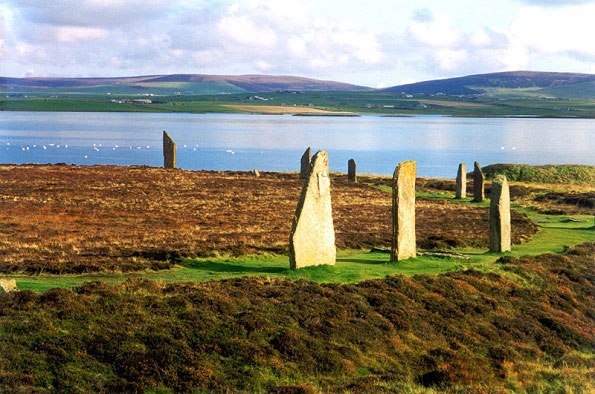
Power at the Edge: Energy Politics and the Periphery
- Dr Jonathan Hogg
- Admission: Free.
Add this event to my calendar
Click on "Create a calendar file" and your browser will download a .ics file for this event.
Microsoft Outlook: Download the file, double-click it to open it in Outlook, then click on "Save & Close" to save it to your calendar. If that doesn't work go into Outlook, click on the File tab, then on Open & Export, then Open Calendar. Select your .ics file then click on "Save & Close".
Google Calendar: download the file, then go into your calendar. On the left where it says "Other calendars" click on the arrow icon and then click on Import calendar. Click on Browse and select the .ics file, then click on Import.
Apple Calendar: The file may open automatically with an option to save it to your calendar. If not, download the file, then you can either drag it to Calendar or import the file by going to File >Import > Import and choosing the .ics file.
The Orkney Islands have been a site of renewable energy experimentation and testing since wind turbines were installed in the early 1950s; Dounreay, on the north Caithness coast of Scotland, was chosen by the UK Atomic Energy Authority as a site to develop early nuclear reactors; and the Shetland Islands have been transformed by their proximity to the North Sea Oil fields. Stormy Bank in the Orkneys and Mullwharchar in the Galloway Hills were considered as sites for nuclear waste storage in the 1970s and 80s.
These places are all on the periphery of the British Isles, and have been transformed in different ways by (variously) the presences, promises, and threats, of energy technologies, policies, and infrastructures. How has remoteness contributed to their development as potential and actual energy landscapes, and the development of energy history more broadly? How do energy geographies relate to energy politics? Does distance from (political) power aid or hinder the generation of (energetic) power? What traits and tropes emerge in discussions of energy in these places, and how were forms of activism or protest distinctive? In what ways do notions of landscape, community, and identity intersect on the edge? Our examples are all Scottish, and we will consider the historical prevalence and particularity of Scottish energy developments. But this does not preclude contributions that address peripheral places in England, Wales, Ireland, and their islands.
This workshop, organised by the Centre for Environmental Humanities (Bristol) and the Centre for the Humanities and Social Sciences of Health, Medicine and Technology (Liverpool), brings together researchers exploring aspects of energy, politics, and geography to probe the relationship between remoteness and power (energetic and political) in Britain. It recognises a recent rise in interest in these issues by scholars of history, literature, geography, and policy, but also identifies significant gaps in the scholarship that are there to fill. The workshop aims to facilitate conversations between and across disciplines, to develop conceptual thinking around remoteness and energy, share current research, and stimulate new work and future collaborations between participants. Click here to download the full workshop programme.
